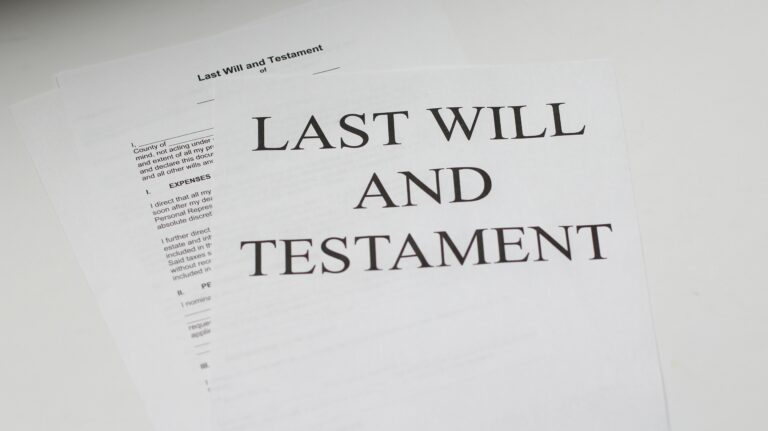
What Should I Know about Estate Planning before ‘I Do’?
Romance is in the air. Spring is the time for marriages, and with America coming out of the pandemic, wedding calendars will be filled.
AZ Big Media’s recent article entitled “5 estate planning tips for newlyweds” gives those ready to walk down the aisle a few things to consider.
- Prenuptial Agreement. Commonly referred to as a prenup, this is a written contract that you and your spouse enter into before getting legally married. It provides details on what happens to finances and assets during your marriage and, of course, in the event of divorce. A prenup is particularly important if one of the spouses already has significant assets and earnings and wishes to protect them in the event of divorce or death.
- Review you restate plan. Even if you come into a marriage with an existing plan, it’s out of date as soon as you’re wed.
- Update your beneficiary designations. Much of an individual’s estate plan takes place by beneficiary designations. Decide if you want your future spouse to be a beneficiary of life insurance, IRAs, or other pay on death accounts.
- Consider real estate. A married couple frequently opts to live in the residence of one of the spouses. This should be covered in the prenup. However, in a greater picture, decide in the event of the death of the owner, if you’d want this real estate to pass to the survivor, or would you want the survivor simply to have the right to live in the property for a specified period of time.
- Life insurance. You want to be sure that one spouse is taken care of in the event of your death. A married couple often relies on the incomes of both spouses, but death will wreck that plan. Think about life insurance as a substitute for a spouse’s earning capacity.
If you are soon-to-be-married or recently married and want to discuss it with an expert, make an appointment with a skilled estate planning attorney.
Reference: AZ Big Media (March 23, 2022) “5 estate planning tips for newlyweds”









